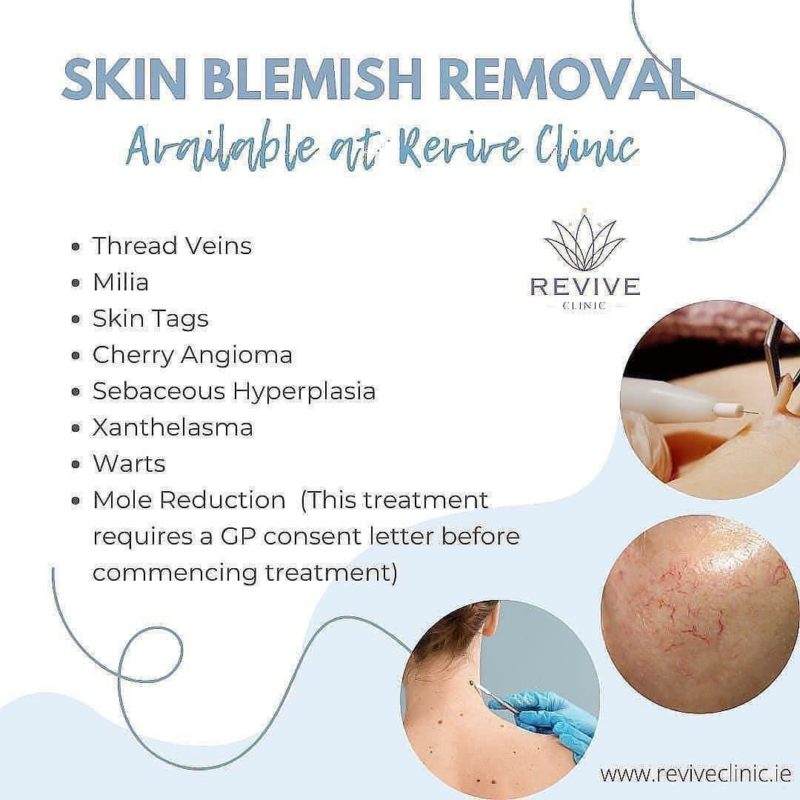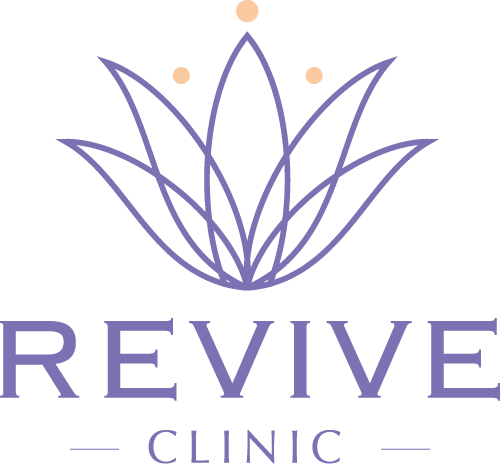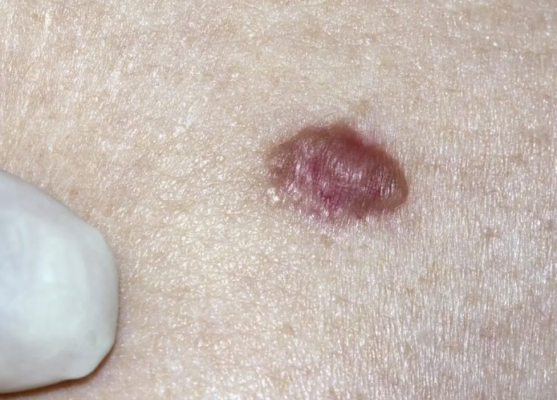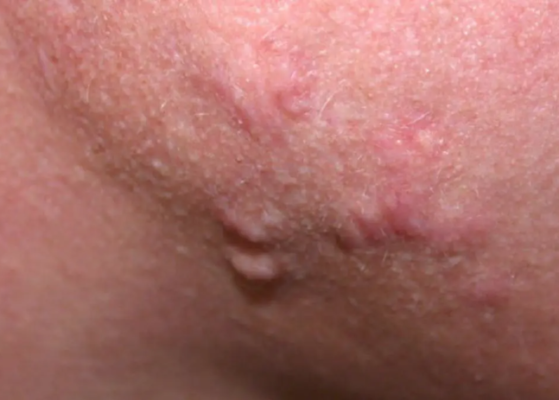A blemish is the term for any mark on the skin. There are many different types of blemish.
Most blemishes are harmless, but some people may wish to treat them for cosmetic reasons.
Certain blemishes may indicate an underlying condition, such as skin cancer, which requires prompt medical treatment.
Treatments
Although many types of skin blemish do not require treatment, some people may wish to treat them for cosmetic reasons. The type of skin blemish will determine the treatment options.
There are many different types of skin blemish. Some examples include those below.
- Thread Veins
- Milia
- Skin Tags
- Cherry Angioma
- Sebaceous Hyperplasia
- Xanthelasma
- Warts
- Mole Reduction (This treatment requires a GP consent letter before commencing treatment)
What is blemish removal and what are the benefits?
Do you have imperfections on your skin that you would like to get rid of? If you have skin tags, spider naevi, broken capillaries, blood spots, milia and seborrhoea keratosis, our treatments are just what you’ve been looking for! People are often willing to simply tolerate bothersome skin blemishes, unaware that there are short, affordable treatments available to rectify these issues. Non-surgical blemish removal is a safe and effective method of removing a variety of skin blemishes. Short wave diathermy current is utilised to remove and/or treat these skin flaws and imperfections. A very fine needle probe is used to pass the heat from the electrical current into the tissue. The needle used is very fine, and the treatment is localised to ensure a minimum of pain and discomfort during the procedure.
What does the treatment involve?
The length of the treatment depends upon the blemish to be treated and its severity. There is likely to be mild sensitivity in the area treated for a few days following the treatment. Some redness and mild swelling may also be evident. Scarring is minimal and, in many cases, there is none at all. Comprehensive after-care instructions will be discussed with you in order to minimise and manage any of these after-effects. Your practitioner will carry out a thorough consultation prior to proceeding and any potential contra-indications can be discussed at this point.

All aesthetic skin care treatments are carried out by a fully qualified aesthetic practitioner and are fully insured.








